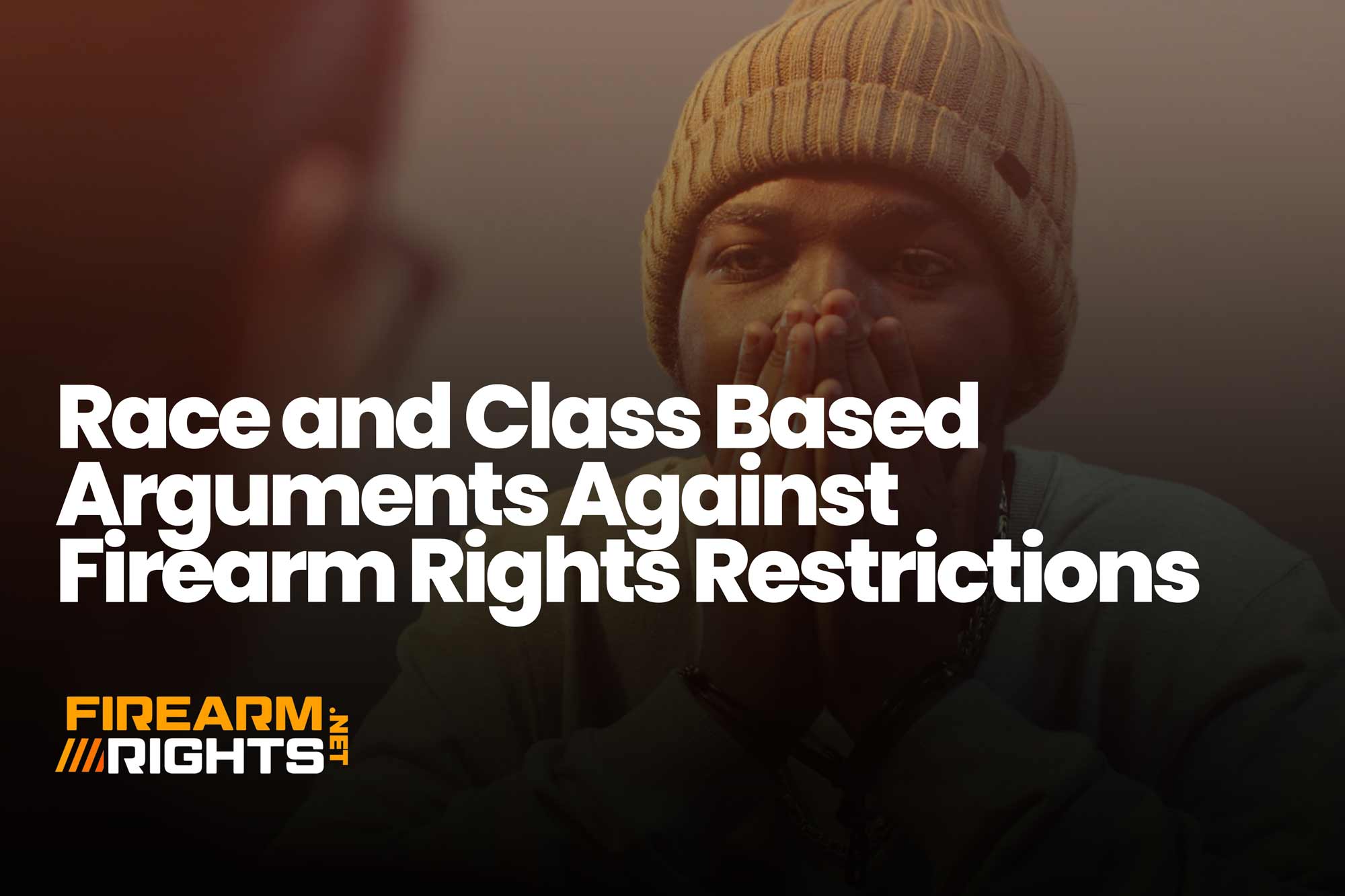
In efforts to restore firearm rights, over the years, many legal teams have argued that the underlying statutes restricting firearm rights are unconstitutional or invalid for other reasons. After all, if the statute restricting firearm rights is voided, then, essentially, firearm rights are “restored.” Nearly all of these efforts have failed.
But there is a new set of arguments that are being put forth by some legal scholars which may have some traction. The arguments are that gun control laws have a disproportionate impact on racial and class minorities, on historically disadvantaged communities and are one cause of mass incarceration which creates significant attendant social and economic costs – disproportionately born by those same historically disadvantaged communities. See Fordham Law Review article here. The legal arguments mirror some of the successful challenges to sentencing guidelines and other criminal laws in the drug context based on alleged “structural flaws” in policing, prosecuting, and sentencing.
As noted in the Fordham article (at p. 2194), a 1995 FBI crime report showed that weapons arrest rates were five times greater for blacks than whites. Another study conducted in 2000 showed that 54% of the state court defendants convicted for weapons crimes were black, as compared to 44% white. Focusing on New York City, the article notes (at p. 2195) an even greater disparity based on 2011 statistics. In 2010, whites accounted for about 33% of the City’s population while blacks and Hispancis accounted for about 25% each. See here. But, in 2012, whites arrested on weapons charges accounted for only 4.2% of the total, while 73.2% were black and 21.5% were Hispanic.
With respect to incarceration rates, as described, a 2013 survey by the Bureau of Justice Statistics estimated that 24,400 black inmates were incarcerated on weapons charges nationally compared to 13,900 Hispanic inmates and 11,200 white inmates (excluding those sentenced for less than a year).
These are some of the statistics that support the argument that gun control laws create the same racial and class biases that have been arguably created by drug laws and sentencing guidelines. There is also the argument that a “feedback loop” of sorts is created by general criminal laws and gun control laws. According to the argument, criminal laws disproportionately impact communities of color which leads to a disproportionate impact on communities of color by gun control laws which, in turn, leads to disproportionate arrests and convictions for gun control law violations.
It is unclear whether these types of arguments will have an impact in court when seeking to have firearm rights restored. But, certainly, legal teams should consider the racial and class impacts of gun control laws as “arrows in the quiver.”
More importantly, these arguments about disproportionate impact might be politically successful in obtaining less restrictive gun control laws from Congress and State legislatures. It certainly might be a powerful rejoinder to those that argue that felons have no Second Amendment rights.
Find A Firearm Rights Attorney Today
If a conviction or something else in your past is inhibiting your ability to own and carry a firearm, you may benefit from the help of an experienced firearm rights-focused attorney. FirearmRights.net can help you find attorneys in your area that can provide advice and legal counsel. This website has been developed by firearm rights attorneys with extensive experience in protecting firearm rights. Our goal is to support the firearm community by restoring the rights of people who deserve them.
Click on the “Restore Your Rights” tab to be connected with a dedicated attorney in your area who can review the facts of your case and start the journey to reclaiming your second amendment rights.
